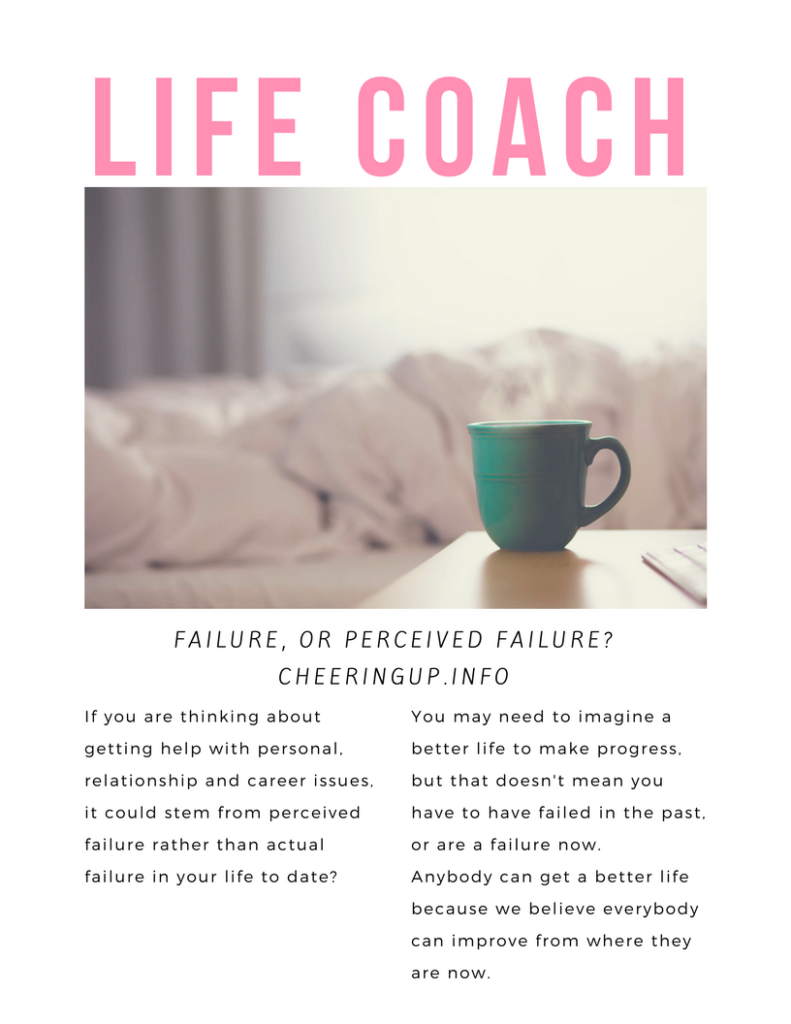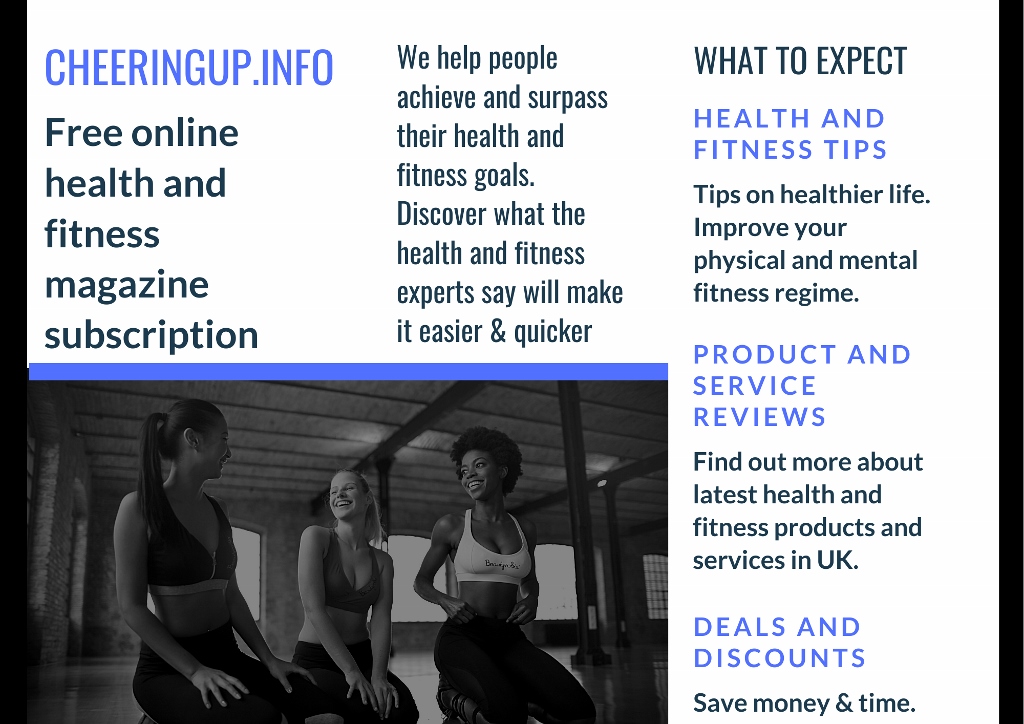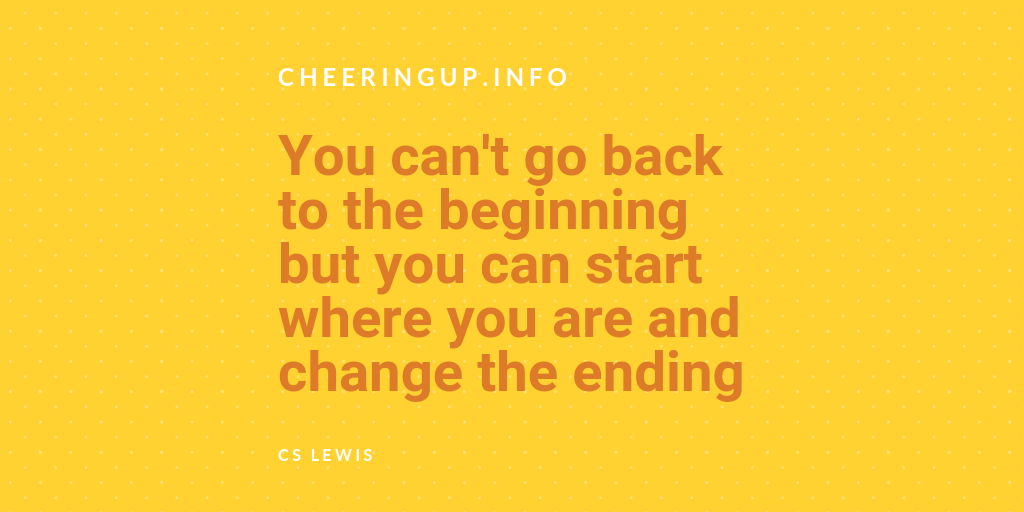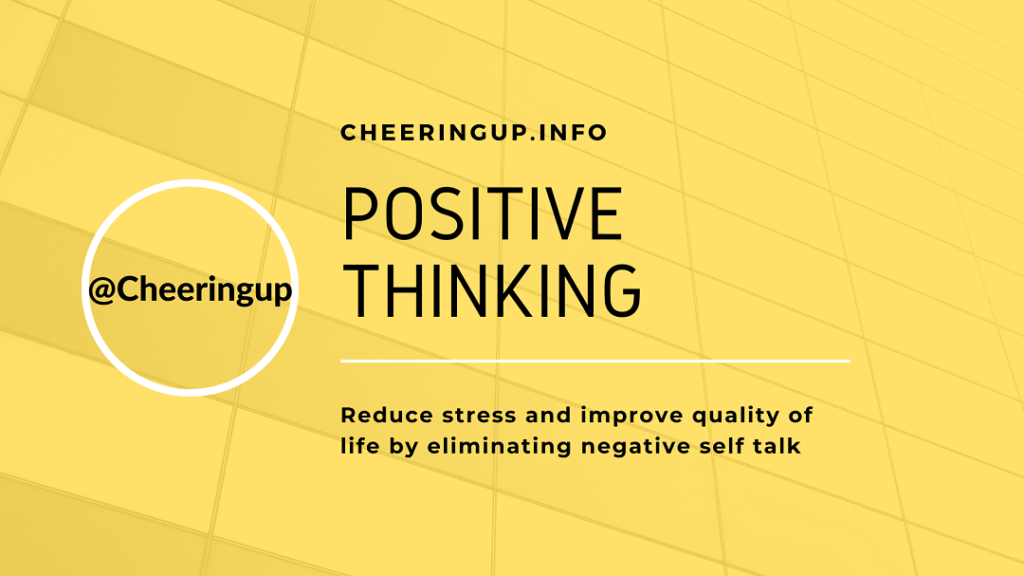The Unraveling of Freud: Did Psychoanalysis Fail?
Sigmund Freud, the towering figure of psychoanalysis, spent his life delving into the depths of the human psyche. His theories, once revolutionary, became the cornerstone of modern psychology, influencing thinkers, artists, and even pop culture. But what if the very foundation of his work, psychoanalysis, ultimately proved to be a flawed structure? Did Freud, near the end of his life, whisper a disillusioned confession: “Psychoanalysis does not work?”
Freud’s Legacy: A Tapestry of Insight and Controversy
Freud’s most famous quote, “The interpretation of dreams is the royal road to the unconscious,” encapsulates his belief in unlocking the repressed desires and conflicts buried beneath the surface of consciousness. Through talk therapy, analysis of dreams, and free association, he aimed to bring these hidden forces to light, thereby liberating individuals from neuroses and anxieties.
Psychoanalysis gained immense popularity in the early 20th century, offering a seemingly scientific explanation for human behaviour. Its influence transcended academic circles, shaping literature, film, and even advertising. However, with time, cracks began to appear in the Freudian edifice.
The Cracks in the Foundation: Criticisms and Shortcomings
Criticisms of psychoanalysis emerged from various fronts. Some questioned the scientific validity of its core concepts, like the Oedipus complex and the id, ego, and superego. Others pointed to the lack of empirical evidence to support its claims of therapeutic efficacy. Additionally, concerns arose regarding the therapist’s potential for manipulation and the power dynamics inherent in the therapeutic relationship.
Perhaps the most significant challenge emerged from rival therapeutic approaches like Cognitive Behavioural Therapy (CBT) and humanistic psychology. These therapies offered more structured, evidence-based interventions, leading to a gradual decline in the use of psychoanalysis.
Freud’s Late Doubts: Did He Abandon His Own Creation?
While no concrete evidence exists to confirm Freud’s alleged deathbed confession, some biographers and historians suggest a growing disillusionment with his own theories in his later years. Frustrated by the slow progress and limited success of psychoanalysis, he reportedly expressed doubts about its effectiveness in treating deep-seated psychological issues.
Whether Freud truly uttered those words or not, the question of psychoanalysis’s efficacy remains. So, why is psychoanalysis not used anymore?
A Decline in Popularity: Why Psychoanalysis Faded
Several factors contributed to the decline of psychoanalysis:
- Lack of empirical evidence: Criticisms regarding the lack of scientific rigour and testable theories weakened psychoanalysis’s credibility.
- The rise of evidence-based therapies: CBT and other approaches with demonstrably positive outcomes gained favour among both therapists and patients.
- Time-intensive and costly nature:Psychoanalysis often requires years of therapy, making it inaccessible to many.
- Focus on the past: Critics argued that psychoanalysis overly emphasises childhood experiences, neglecting present-day factors and coping mechanisms.
Beyond Freud: What Has Replaced Psychoanalysis?
While psychoanalysis may have waned in popularity, its influence on the field of mental health remains undeniable. Modern therapeutic approaches often incorporate elements of psychoanalysis, such as the importance of the unconscious and the therapeutic relationship. However, the dominant paradigms have shifted towards:
- Cognitive Behavioural Therapy (CBT):CBT focuses on identifying and modifying negative thought patterns and behaviours, proving effective in treating various mental health conditions.
- Humanistic psychology: This approach emphasises individual potential, self-actualisation, and the present moment, offering a more positive and holistic perspective on mental health.
- Positive psychology: This branch focuses on building strengths, resilience, and well-being, complementing traditional therapeutic approaches.
Conclusion: A Legacy of Insight and Evolving Understanding
Freud’s psychoanalysis, despite its limitations, revolutionised our understanding of the human mind. It paved the way for exploring the unconscious, the influence of early experiences, and the complex interplay of internal and external factors in shaping who we are. Although its therapeutic dominance has waned, its insights continue to inform modern therapeutic approaches.
The quest for understanding the human psyche is an ongoing journey. While some may see Freud’s legacy as tainted by doubt, it’s crucial to recognise the evolution of psychological understanding and the emergence of new, evidence-based approaches. Ultimately, the goal remains the same: to alleviate suffering and empower individuals to live fulfilling lives. As we move forward, carrying the torch of knowledge lit by Freud and countless others, we can strive to create a future where “moderate misery” is not the best we can hope for, but where mental well-being and emotional flourishing become attainable realities for all.
Exploring the Historical and Cultural Context
To fully understand the decline of psychoanalysis, we must examine its historical and cultural context. The post-war era witnessed a shift in societal values, emphasising optimism, progress, and individual agency. This clashed with the Freudian perspective of inherent internal conflicts and determinism, making it seem less relevant to the zeitgeist. Moreover, social movements advocating for civil rights and gender equality challenged psychoanalysis’s often patriarchal and Eurocentric interpretations of human behaviour.
The Enduring Impact: Echoes of Freud in Modern Therapy
While psychoanalysis may not be the go-to therapy anymore, its influence undeniably permeates modern therapeutic approaches. The emphasis on exploring childhood experiences, understanding unconscious motivations, and fostering a strong therapeutic relationship remain cornerstones of many therapies. Techniques like dream analysis and free association have been adapted and integrated into broader frameworks, adding depth and nuance to contemporary interventions.
Beyond Therapy: Freud’s Enduring Influence
Freud’s impact extends far beyond the confines of the therapist’s office. His ideas have infiltrated popular culture, shaping literature, film, and even everyday language. Terms like “ego,” “super-ego,” and “Oedipus complex” are readily used, often without full understanding of their origins, but they nevertheless testify to the depth of Freud’s reach. His emphasis on the inner world and the complexities of human motivation continues to resonate with artists and storytellers, enriching our understanding of the human condition.
The Challenge of Legacy: Embracing Complexity without Dogma
Freud’s legacy, like any intellectual giant, is complex and multifaceted. We can acknowledge his groundbreaking contributions to our understanding of the mind while recognising the limitations and critiques of his theories. Embracing this complexity avoids the pitfalls of idolisation or dismissal, allowing us to glean valuable insights from his work while moving forward with evidence-based approaches and evolving understandings of human psychology.
The Quest for Well-being: Towards a Human-Centred Future
The future of mental health lies not in clinging to outdated methods but in embracing the ever-expanding landscape of therapeutic options. The focus should shift from “moderate misery” to fostering genuine well-being, building resilience, and empowering individuals to thrive. This human-centred approach requires considering biological, social, and cultural factors influencing mental health, recognising the diversity of human experiences, and embracing personalised, adaptable therapeutic interventions.
Ultimately, Freud’s story is not just about the rise and fall of a theory but about the ongoing quest to understand the enigmatic human mind. By acknowledging his contribution, its limitations, and the evolution of the field, we can forge a path towards a future where mental well-being is not a distant hope but a tangible reality for all.




























